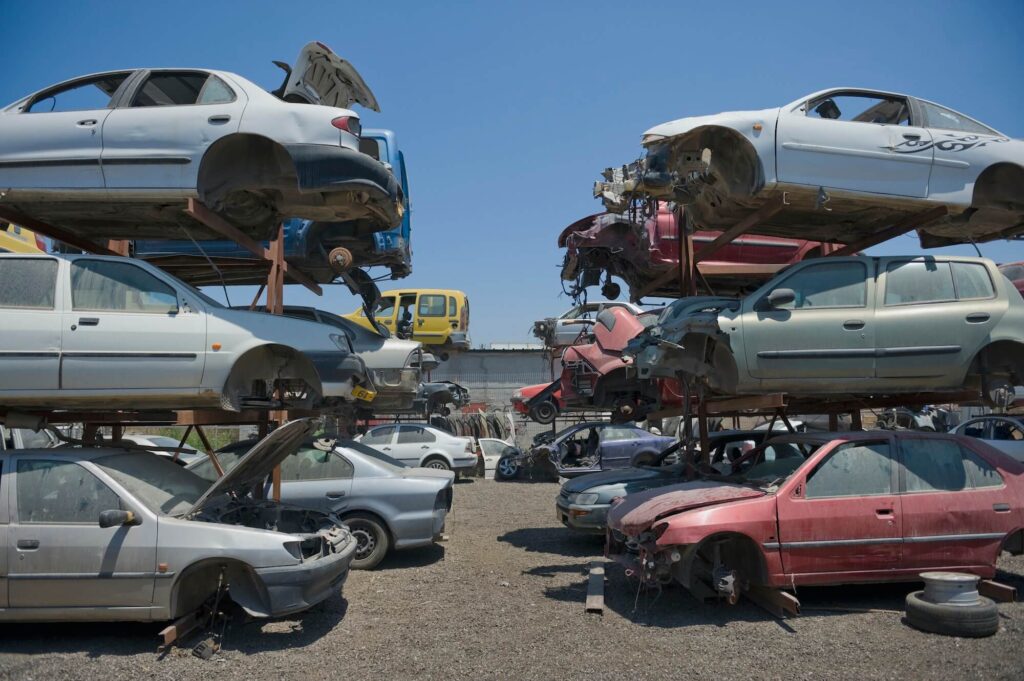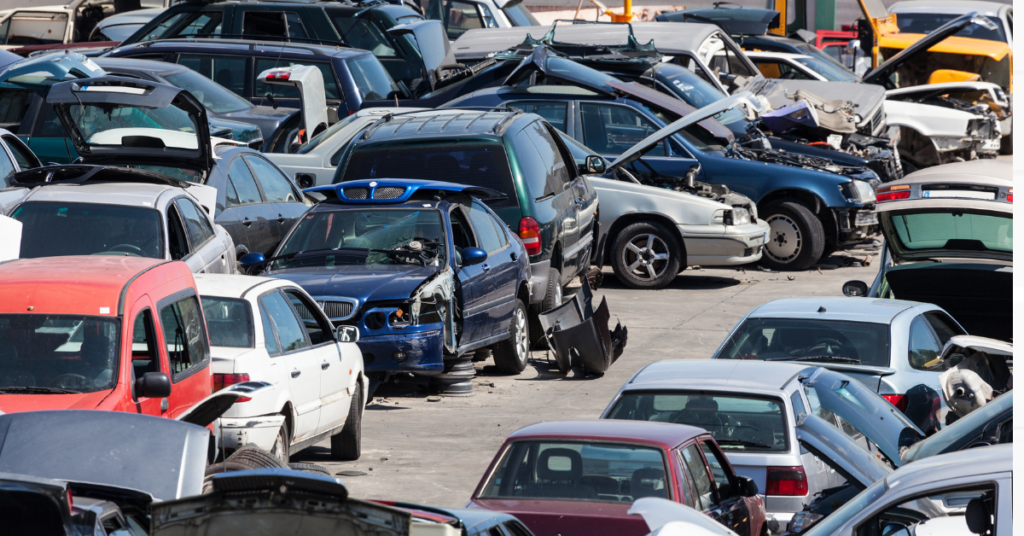Introduction:
Do you have an old, unused car taking up valuable space in your garage or driveway? Scrapping your car can be a wise and lucrative decision. While it may seem like a hassle, understanding the process and maximising the value of your scrapped car can turn it from a clunker into a valuable asset. In this blog, we’ll explore the ins and outs of scrapping a car for maximum value, helping you navigate the process and make the most of your old vehicle.
- Assessing the Condition of Your Car: Before diving into the scrapping process, it’s essential to evaluate the condition of your car. Scrappers typically pay based on the vehicle’s weight and scrap metal’s current value. If your car is in running condition, you can sell it to a private buyer for a higher price. However, scrapping is likely the best option if it’s no longer roadworthy.
- Researching Scrap Yards and Recycling Centers: To get the best value for your scrapped car, take the time to research reputable scrap yards and recycling centres in your area. Look for facilities with a good track record, transparent pricing, and proper certifications. It’s also worth considering the distance to the facility, as some may charge extra for towing your car.
- Gather Your Vehicle’s Documents: To scrap your car legally, you’ll need to provide certain documents. These may include the vehicle title, registration, and other paperwork your local authorities require. Make sure to have these documents to ensure a smooth transaction.
- Remove Personal Belongings: Before scrapping your car, thoroughly search and remove any personal belongings. It’s easy to forget that old CD collection or important documents tucked away in the glove compartment. Take the time to double-check, as you want to keep everything of value.
- Contact Scrap Yards and Get Quotes: Reach out to different scrap yards and recycling centres to get quotes for your vehicle. Be prepared to provide accurate details about your car, including its make, model, year, and condition. You can compare prices and negotiate a better deal by obtaining multiple quotes.
- Consider Selling Parts Separately: If your car has valuable and functional parts, consider selling them separately before scrapping it. Components such as the engine, transmission, or valuable electronics fetch a higher price if sold individually. However, remember the effort and time it may take to dismantle and sell these parts.
- Delivering or Towing Your Vehicle: Once you’ve finalised the deal with a scrap yard, arrange for the delivery or towing of your car. Some scrap yards may provide free towing services, while others might charge a fee. You can choose the option that works best for you while considering the overall value you’ll receive.
- Cancel Insurance and Notify the DMV: After your car has been scrapped, cancel your insurance policy to avoid unnecessary charges. Additionally, notify the Department of Motor Vehicles (DMV) about the disposal of your vehicle. This will make sure that you are no longer held responsible for future issues related to the scrapped car.
- Environmental Responsibility: When scrapping a car, it’s essential to consider the environmental impact. Choose a scrap yard or recycling centre that follows proper environmental practices and disposes of hazardous materials responsibly. By doing so, you contribute to a cleaner and greener environment.
Conclusion:
Scrapping a car can be a profitable endeavour if done correctly. By assessing the condition of your vehicle, researching scrap yards, gathering the necessary documents, and comparing quotes, you can maximise the value of your scrapped car. Remember to sell valuable parts separately and choose an environmentally responsible car wrecking facility. With these steps in mind, you can turn your clunker into cash and bid farewell to your old vehicle while ensuring a smooth and lucrative process.





